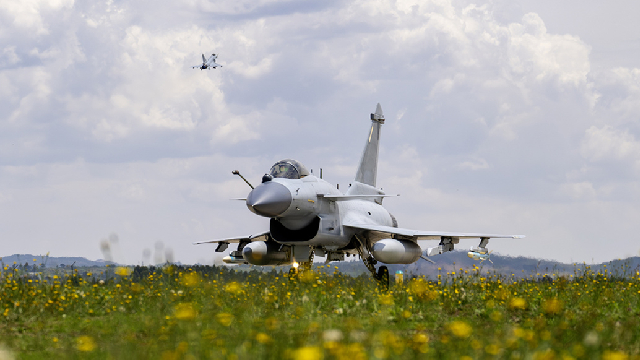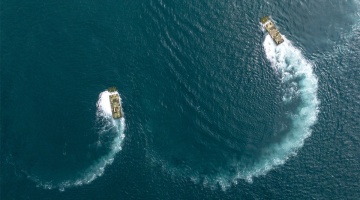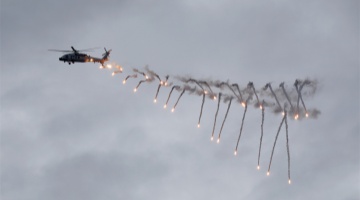Russian and Ukrainian delegations held their first direct talks in over three years on May 16 in Istanbul, Turkey. Details of the negotiations have emerged recently, revealing an agreement to swap 1,000 prisoners of war each and a willingness, in principle, to continue dialogue and negotiations. Following the talks, Russia expressed overall satisfaction with the results, while Ukraine voiced dissatisfaction. Besides, on May 19 local time, US President Donald Trump held separate phone calls with Russian President Vladimir Putin and Ukrainian President Volodymyr Zelensky, urging both sides to agree to a ceasefire. Does this difficult step forward after three years mark a substantive breakthrough in Russia-Ukraine talks?
At the start of the negotiations, Russian presidential aide and head of the Russian delegation, Vladimir Medinsky, told the Ukrainian team that Russia would only discuss a ceasefire and other issues if Ukraine withdrew its troops from Zaporizhzhia, Kherson, Donetsk, and Luhansk regions. Ukraine, on the other hand, insisted on a ceasefire first, followed by negotiations. Military observer Teng Jianqun believes that although the negotiations were fraught with complications and the demands of Russia and Ukraine remain far apart, the outcome still represents a step forward in addressing the conflict.
He noted that both sides were bargaining high by putting forward their maximal positions in this round of talks. Russia hopes to resume talks based on the framework of the Istanbul negotiations held in March 2022, but Ukraine clearly disagrees. The core differences between the two sides lie in issues such as territorial control and Ukraine's potential neutral status. In essence, whether to implement a ceasefire before negotiations or negotiate before a ceasefire is a matter of stance rather than substance. Fundamentally, the fact that Russia and Ukraine have returned to the negotiating table is itself a significant step forward. Going forward, Russia and Ukraine may step up communication, and the pace of future negotiations could accelerate.
However, even as talks resume, the situation on the battlefield remains deadlocked. According to the Russian defense ministry, Russian forces repelled Ukrainian attacks and launched counteroffensives in multiple directions, including Sumy, Kharkiv, Donetsk, and Zaporizhzhia. The General Staff of the Armed Forces of Ukraine reported that Ukrainian troops repelled multiple Russian offensives in the Pokrovsk direction. According to Teng Jianqun, the standoff on the battlefield is likely to persist as both sides seek to strengthen their bargaining positions.
He noted that in the near term, Russian forces are expected to intensify their offensives to consolidate control over eastern Ukraine, fulfill the objectives of the second phase of their "special military operation," and secure greater leverage at the negotiating table. Ukrainian forces, for their part, are expected to mount a staunch resistance, as the outcome of any negotiations will ultimately be shaped by the situation on the battlefield.
With no substantial progress made in the Russia-Ukraine talks and fighting still ongoing, US President Donald Trump stated that he had spoken separately with President Vladimir Putin and President Volodymyr Zelensky by phone, urging both sides to agree to a ceasefire. Teng said that despite the continued involvement of the US in the Russia-Ukraine conflict, the Trump administration has played a limited role in actually resolving the crisis.
Donald Trump currently has two main considerations. On one hand, he seeks to assert leadership in mediating the conflict to fulfill his campaign promises. On the other hand, he aims to further improve US-Russia relations. Initially, he attempted to strike a deal with Russia and pressure Ukraine into accepting it, but both Ukraine and European nations rejected his proposal. Now, he is trying to position himself as a mediator. However, since Russia and Ukraine are the primary parties to the conflict, the US has limited ability to directly influence its course.
Editor's Note: Originally published on military.cnr.cn, this article is translated from Chinese into English and edited by the China Military Online. The information and opinions in this article do not necessarily reflect the views of eng.chinamil.com.cn.













